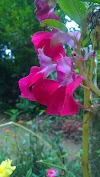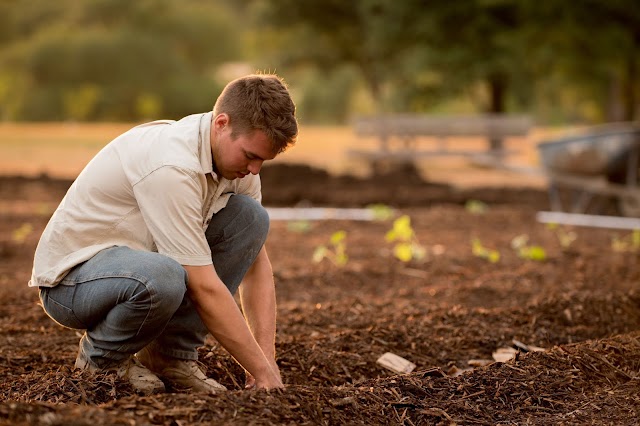What Do We Mean By Flowers?
When it comes to growing flowers in the United States, it is a pretty wide playing field! After all, there are Vines, Roses, Lillies..just to name a few. However, for the context of our discussion today, we should be clear that this article is about bulbs, and how to grow them.
In the United States, the majority of the continent is part of what is known as a 'cool-temperate' climate zone. Of course, areas like Florida, and the West offer climates that are either tropical, or extreme arid climates. However, for the sake of this topic, we will discuss the best way to grow your bulbs successfully
Planting
It is true that many bulbs will differ slightly when it comes to the optimal times for planting. However, there is a general 'rule of thumb' that applies to successful planting...albeit with certain caveats.
Most seedlings will generally be planted during Spring, when harsh frosts, snow and other winter chills have passed. This is not the case with bulbs, why? Basically, a bulb is the stage before the seedling. This means that the bulb, being essentially a seed, needs more time from planting to maturity.
Because of the extra time required when planting bulbs, it is best to plant them before the ground freezes. This ensures that they are ready to begin their growth once the warmth of Spring caresses the soil. There is , though, a potential problem with this.
Occasionally, the frosts and sharp cold periods of winter are delayed. If this happens, the bulbs can be fooled into thinking that the time to grow has come, thereby causing major damage by stunting the growth of the flowers.
Bulbs That Can Be Grown
Special Care Needed
- Tulips - Tulips are known as a cool-temperate flower. However, some have had limited success in growing them in areas like New York, why? Basically, the Tulip is not suited to the region. Those that are planted tend to not come back year after year. Of course, it doesn't mean that it is impossible to grow them. It just means that you will have to do one of two things: either replant them each year, or buy hybrid bulbs that are more suited to the region( such as the Midseason Darwin)
Should you wish to give yourself a better chance of success with bulbs that are not especially well-suited to the area, consider doing one of 3 things:
- Plant away from extreme wind and cold exposure
- Mulch more heavily than normal.
- Plant the bulbs deeper than normal.
Better Options To Consider
If you prefer to grow bulbs that are more suited to New England, and other cool temperate regions of the USA, consider choosing from the following:
- Star of Persia
- Dog Tooth Violet
- Large-Cupped Daffodil
- poetics Daffodil
- Single Late Tulip
- Darwin Hybrid Tulip(see above for explanation)
How To Overcome Pests
We all love squirrels and other native animals. However, when growing bulbs, they can be more than a little nuisance. So, how can you protect your bulbs after planting? The secret is by knowing the behavioural patters of your gardening foe.
Squirrels, it appears, are fussy. They don't like to dig up old bulbs, possibly because they are no longer viable as a plump, juicy meal. So, if you think like a squirrel, you will want to make it look as though you haven't just planted a new bulb. How can you do this?
The easiest way to trick them is by mulching the area. This will make the squirrel think that the soil has not been disturbed recently, and that the bulb is not a newly, worthy of the effort to dig up.
If Deer are the problem where you live, steer clear of Tulips, they love them! However, this doesn't mean that you should give up growing bulbs. Simply switch your choice of bulb to Daffodils, Grape Hyacinths or Snowdrops. That way, you will still have a beautiful garden without the stress that comes from losing your beauty to a hungry native!
Have At It
It is possible to grow a beautiful garden even in harsh regions where winters can be severe, you just need to do your due diligence. For local gardening suppliers in the US, consult our local Local Business Listings.
We wish you every success in your gardening therapy. Had any success, or special tips? Leave a comment below so that others can benefit from your expertise....Now get to it!!!











